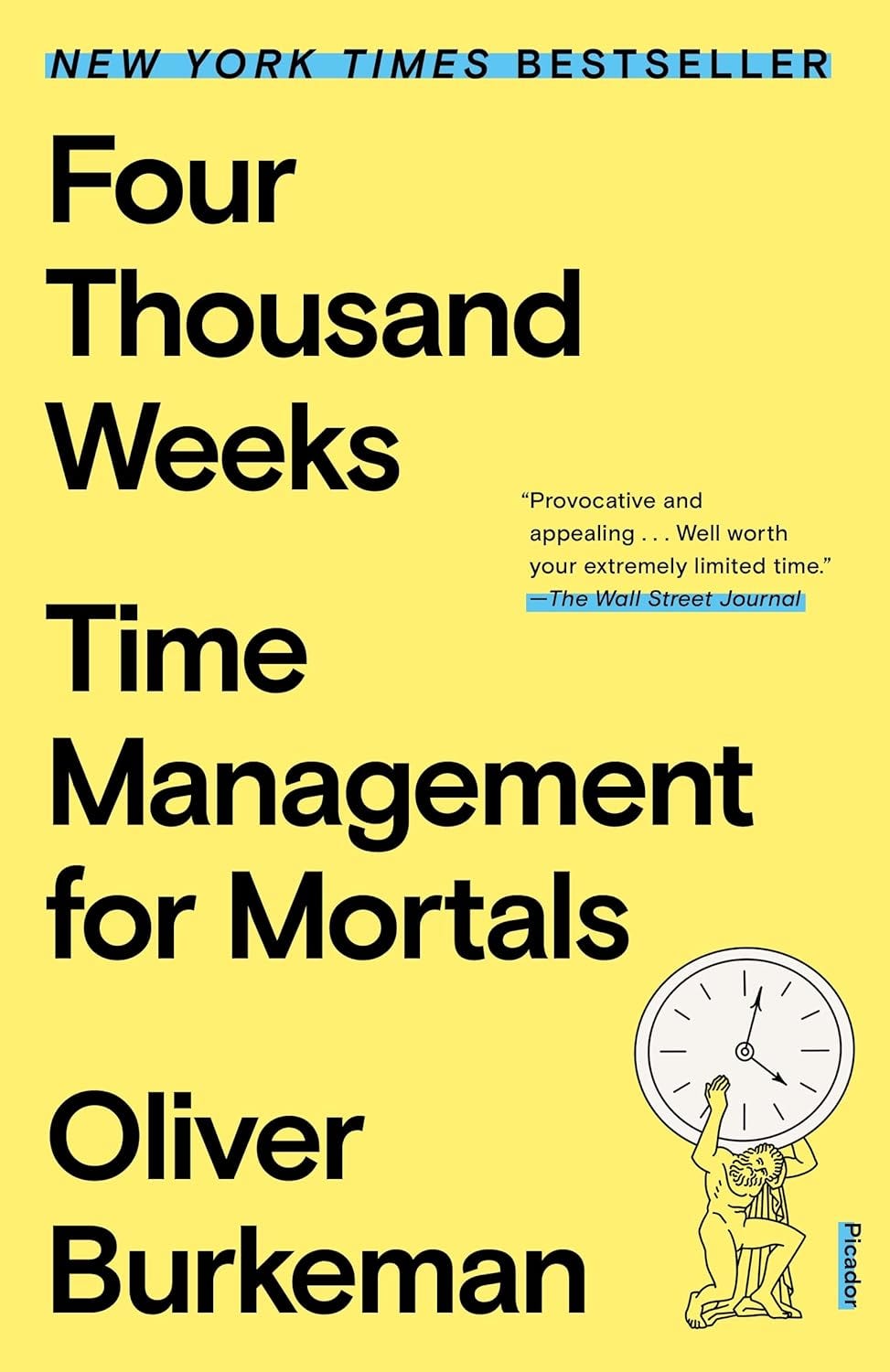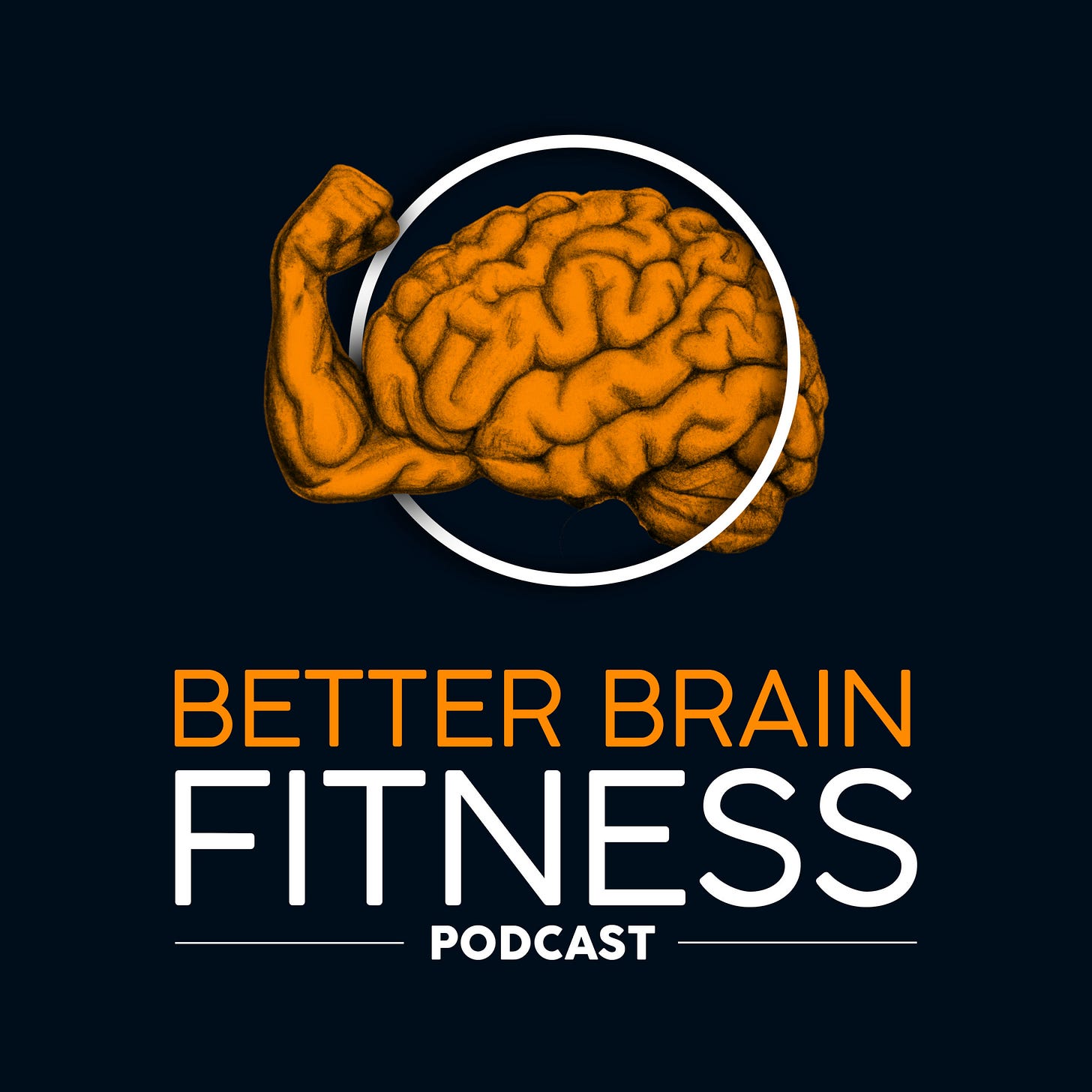Is Child's Play Just For Children?
On a recent episode of the Better Brain Fitness podcast, we fielded a question about the brain fitness value of free-form dance. Or dancing-like-nobody’s-watching-except-maybe-the-cat kind of dancing.
Inside this question was another question, which is: is play valuable?
Is doing something just for the sake of it worthwhile?
Now, for the record, there are many documented health benefits to play, including stress reduction, improvements in cardiovascular health (with physical play), better mood and well-being.
But here the question is whether play counts as a bonafide cognitive activity. Could it actually stimulate the brain enough to build new synapses?
Feeding The Urge
The reason we have extraordinarily long childhoods is so that we can build the most intelligent object in the known universe. At birth, our brains possess a colossal reserve of raw but mostly useless processing power, encapsulated in roughly 100 billion neurons and a quadrillion synapses, all waiting to be deployed in the service of learning to walk, talk, make friends, annoy our siblings, dance like poultry, identify a pileated woodpecker, and quote Monty Python movies. And the main way our brain learns all of that is through play.
Most of it doesn’t feel like learning because most of it doesn’t feel effortful, because it’s bottom up and not top down, because it happens beneath our awareness, and because we think learning must involve things like books, classrooms, desks, syllabi, and the intoxicating aroma of pencil sharpeners.
So there’s a lot that’s conspiring against our understanding of how learning happens, including the crucial role of play.
It’s also almost certainly no coincidence that our intense drive to play lessens around the time our brain fully matures. By then, our brain has transformed all that raw, uncommitted processing power into countless cognitive modules, ones that can crunch the millions of bits of sensory information coming at us every second and turn them into a rich and meaningful sensory experience. And ones that power our advanced linguistic, motor, and social skills. A central reason why maintaining adequate brain stimulation after we reach adulthood is so challenging is because the Herculean task of building these networks has been completed.
Brain change doesn’t slow down as we mature because our brain loses its ability to change. It slows down because it has fewer reasons to do so.
Our brain’s job, no matter our age, is to create useful representations of the world outside (and inside) of us, along with useful ways of moving our bodies.
It never stops trying to do that job well. But, as long as we have no need for new representations, and no need for new ways of moving, our brain has no reason to rewire itself. If the need arises, however, it will adapt accordingly.
Consider the example of traveling to a new place. If you’re like most people, you’ll experience an urge to go explore your new surroundings shortly after arriving (i.e. - you’ll feel an urge to “play”).
Why? Because your brain didn’t have a representation of your surroundings, and knowing your surroundings has always been important for our survival.
A few leisurely strolls later to satisfy your wanderlust and, voila—you’ll have a mental map etched into your brain. No effort required. Why? Because, again, the smartest bits of us operate under the radar. And the urge to play is a signal that those bits want to be fed.
So, no, do not resist the urge to play. Never ever! Feed that urge and, better yet, seek experiences that generate it.
Far from being frivolous, it’s a signal that your brain has found something worth changing for.
FROM THE BRAINJO LIBRARY...
Four Thousand Weeks: Time Management For Mortals, by Oliver Burkeman
Most books on time management are about how to get more done in less time. From that perspective, doing something just for the sake of it, like play, is a “waste of time.”
This is not that kind of book.
Rather, it’s about re-framing how we think about time well spent, so we make sure we spend our limited time on what really matters.
So if you’re prone to feeling guilty about not getting enough done, or you find it hard to “justify” spending time doing things just for the sake of it, then this book is for you.
IMO, it’s the only time management book you’ll ever need.
This Week On The Better Brain Fitness Podcast: “Can You Walk Too Much?”
We know there are many health benefits to walking regularly. But is there too much of a good thing?
That’s the question posed for this episode of the Better Brain Fitness podcast, which we use as a springboard to address several related topics, including:
Is there an upper limit to the brain benefits of walking?
What are good targets for more intense forms of exercise?
What are the cognitive effects of overtraining?
Is it better to lump all of your exercise at one time or spread it out?
Click here to listen to the episode.
Play on,
Josh




